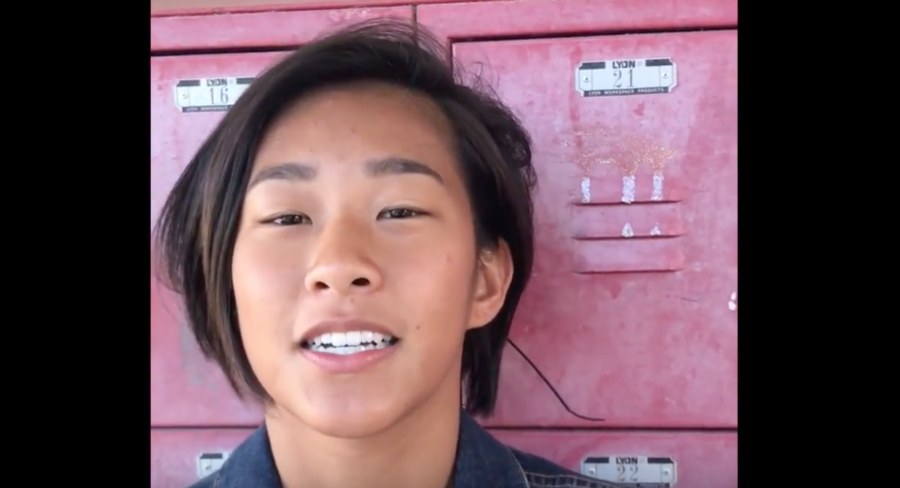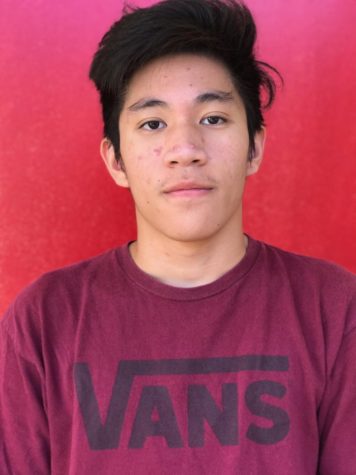Favoritism at Kalani
Kaden Arias de Cordoba and Jett Neeley
September 16, 2018
Teachers claim that they do not play favorites, but students think otherwise. Favoritism can lead to bias in classes, which can happen subconsciously. This behavior is present at Kalani High School, and it troubles students.
Research has shown that favoritism can affect students by causing resentment, weakening self-confidence, and creating an unfair class system.
“Although most teachers in Kalani who favor some students over others do not outrightly discriminate against some students, indirect favoritism can still discourage many students from interacting with their teachers which can make it hard for them to get help when they need it,” Senior Shirley Li says. “Because of this, even minor cases of favoritism need to be addressed.”
A few lucky students — who are most often cute, smart, and well-behaved — are accustomed to teachers greeting them with a friendly face. The rest, who are not as lucky, tend to receive half-hearted greetings and distant body language from teachers.
“I think that it’s something that truly exists at Kalani. For example, if a student comes late or is absent, the normal consequence would be just to get a note, but students that are favorited might get marked on time or not absent,” Senior Arienne Walker said. “I don’t think it is fair but I also think that favoritism is in inevitable.,”
Although teachers are trained to keep work professional, it’s tough to be consistent with each and every student.
Favoritism gives an unmerited advantage to students who do not necessarily deserve this treatment, rendering the issue “unfair”. Treating students differently and unfairly can greatly undermine their self-confidence, especially if they have a shy personality as it can make them feel unneeded.
People need encouragement or to feel indispensable. Recognition would boost self-confidence, and make us feel better about ourselves.
Teachers may feel more comfortable talking to certain students because they may know them better compared to others, which may seem like favoritism, but assessments of assignments, especially when based on a rubric, should be the same for all students.
“It’s fine if teachers have favorites but it shouldn’t get in the way of learning,” Junior Clara Wu said. “They still have to be professional and shouldn’t give privileges to students based on who their favorites are. If teachers actively showed who their favorites were then students would feel upset and feel like their teacher doesn’t care about them.”
The idea of favoring others is fine as long as it does not permit unfair advantages, discourage others, and becomes obvious that you are more focused on one person rather than the rest equally. It’s most logical to treat all students in a way where no one should feel lesser than the other.
Since it’s hard for teachers to not play favorites because of our human nature, treating all students equally is the best way to keep their respect.





